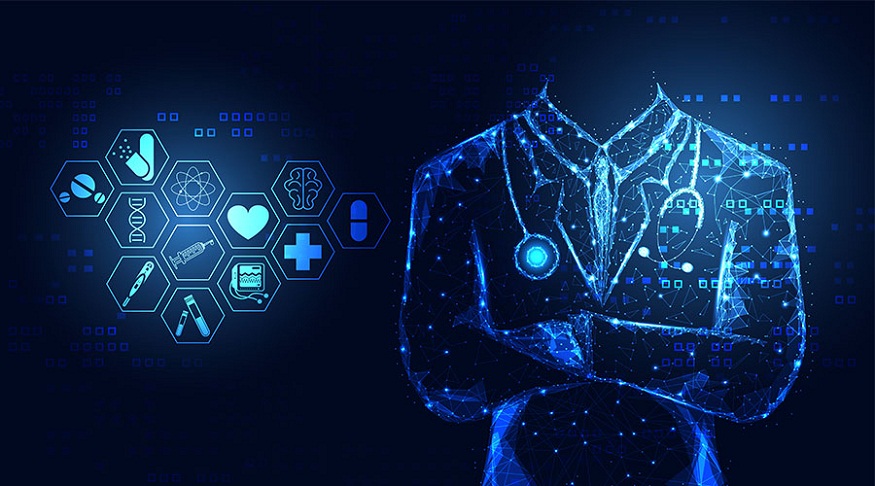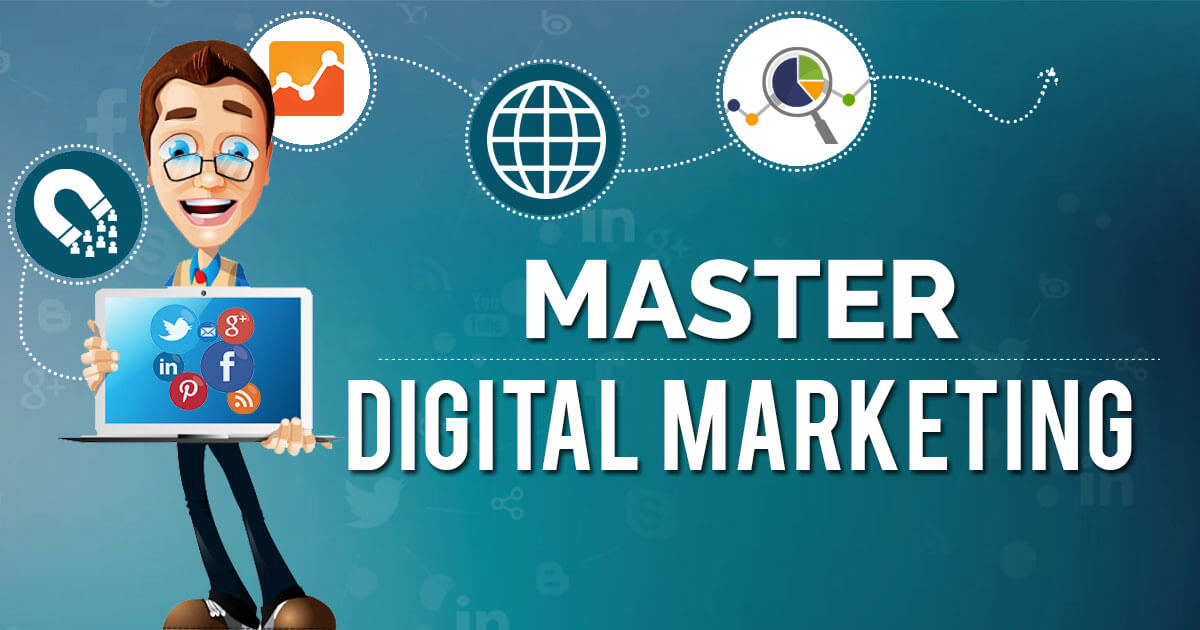The healthcare sector is undergoing a digital metamorphosis that is not only reshaping patient care but also streamlining the operations of medical facilities. This transformation is driven by the integration of advanced technologies, including Artificial Intelligence (AI), the Internet of Things (IoT), and big data analytics, into various aspects of healthcare services. The purpose of this article is to explore how this digital revolution is enhancing the patient experience and improving healthcare operations.
Revolutionizing Healthcare: How Telemedicine and AI are Delivering Personalized Patient Care
Telemedicine has markedly enhanced patient care, spearheading advancements in the field. Virtual consultations allow patients to obtain medical advice from the comfort of their own dwellings, presenting a significant advantage, particularly for those with mobility constraints or those situated in isolated regions. The synergy of this convenience with the growing utilization of wearable technology that tracks vital signs in real-time furnishes healthcare practitioners with the ability to monitor patient well being continuously and provide customized recommendations.
The integration of Electronic Health Records (EHRs) has greatly expedited the management of patient information. The era of unwieldy paper records has been replaced by EHRs that facilitate instant access to patient histories, thereby augmenting the precision of diagnoses and the efficacy of therapeutic interventions. Additionally, this consolidated repository of data is instrumental in predictive analytics, which assists in discerning patterns that may inform preemptive healthcare strategies.
Artificial intelligence (AI) is transforming the realm of diagnostics through algorithms that discern intricate patterns undetectable to human observation. AI-augmented instruments are revolutionizing radiology by yielding more precise interpretations of imaging modalities such as X-rays and MRIs. Concurrently, Machine Learning (ML) tools in the domain of genomics are advancing the cause of personalized medicine by analyzing individuals’ genetic data, thereby customizing treatments to each unique genetic composition.
Digital technologies streamline operational management by automating tasks such as scheduling and claims processing, allowing medical staff to focus on patient care. Enhanced inventory systems, utilizing IoT, ensure optimal stock levels through tailored auto-replenishment. Cybersecurity is pivotal in safeguarding patient data, integral to maintaining confidentiality and compliance with laws like Health Insurance Portability and Accountability Act (HIPAA). Lastly, cloud solutions offer flexible data storage and sharing capabilities within extensive health networks.
Digital Transformation In Healthcare – Key Opportunities:
The advent of digital transformation within the healthcare sector is fundamentally altering our perspectives and methodologies concerning patient care, the administration of hospitals, and the operational workings of health systems at large. This shift towards the digital promises to introduce considerable improvements in medical treatment protocols, optimize various procedures, and foster a more bespoke approach to patient care. At the vanguard of this transformation lie crucial opportunities that stand to chart a course for a healthcare system that is at once more proficient, economically viable, and centered around patient needs.
Some of the most significant opportunities include:
Augmentation of Care Access:
Through the deployment of digital health technologies, such as telemedicine, healthcare provision extends its reach to rural and neglected communities, obliterating geographical constraints and ensuring medical care is available to individuals who might otherwise forgo necessary treatment.
Continuous Health Monitoring in Real Time:
The advent of wearable devices and mobile health applications affords an ongoing observation of vital parameters and health indicators, furnishing the means for prompt medical actions and tailored health guidance.
Enhancement in Patient Participation:
Modern digital instruments bestow upon patients the capability to engage proactively in managing their well-being, granting them access to their medical records, facilitating appointment arrangements, and direct communication channels with healthcare practitioners.
Insights Driven by Data Analysis:
Harnessing big data coupled with analytical processes in the realm of healthcare fosters enhanced patient outcomes through the detection of patterns, refinement of diagnostic processes, and customization of therapeutic strategies via predictive analytics.
Efficiency in Operational Processes:
The implementation of automated systems for administrative duties including scheduling, invoicing, and controlling inventory permits healthcare staff to allocate increased attention to patient treatment while simultaneously diminishing the prevalence of manual mistakes.
Promotion of Collaborative Practices:
Digital frameworks support unobstructed dialogue and collaboration amongst medical professionals, honing the management of patient care and championing interdisciplinary methods in therapeutic interventions.
Integration of Artificial Intelligence in Medical Procedures:
Applications encompassing AI and ML algorithms deliver sophisticated analysis of extensive medical datasets, underpin speculative diagnosis processes, and contribute corroborative support during diagnostic evaluations, thereby magnifying precision and efficacy within healthcare provisions.
Advancements in Individualized Medicine:
Innovations in genomics coupled with precision medicine are rendered more attainable via digital platforms, permitting clinical therapies to be specifically adapted to individual genetic compositions.
Fortification of Cybersecurity Measures:
In light of the increasingly electronic nature of healthcare information, paramount opportunities arise to bolster cybersecurity safeguards that secure sensitive patient data whilst simultaneously satisfying mandated legal standards such as those stipulated by HIPAA.
Expansion Capacity through Cloud-Based Services:
Cloud computing furnishes healthcare institutions with an elastic and adjustable infrastructure that ensures secure data handling and exchange while encouraging progressive growth and cooperative efforts throughout the entire healthcare domain.
Understanding The Challenges Faced Amidst The Digital Health Revolution:
Digital transformation in healthcare offers hope yet presents a series of intricate challenges that must be overcome in pursuit of enhanced patient care. Integrating advanced technology into current healthcare frameworks presents a significant challenge due to the limitations of older systems and the necessity for substantial investment. Additionally, protecting patient data against cyber threats is crucial, especially under stringent regulations like HIPAA that mandate robust data security measures. Interoperability is essential for seamless communication between varied digital platforms, yet standardization issues complicate this objective. There is also a pressing concern about a growing digital divide, where disparities in access to technological healthcare solutions could exacerbate inequality in medical services.
Effective training in new technologies is required for healthcare professionals to ensure successful implementation. Overcoming resistance to change within the sector is particularly daunting, given the critical nature of healthcare services. Lastly, the financial assessment of digital health projects is complex, with the return on investment being uncertain and potentially affecting the willingness to fund innovative but expensive technological advancements.
Summary:
Telemedicine and AI are reshaping healthcare, allowing for tailored patient management and continuous health monitoring through teleconsultations and wearable devices. EHRs enhance diagnostic accuracy and treatment efficiency, while AI aids in developing personalized medicine by analyzing genetic profiles. Digital administrative tools and robust cybersecurity measures support operational efficiency and protect patient data, ensuring trust and compliance with health regulations.




